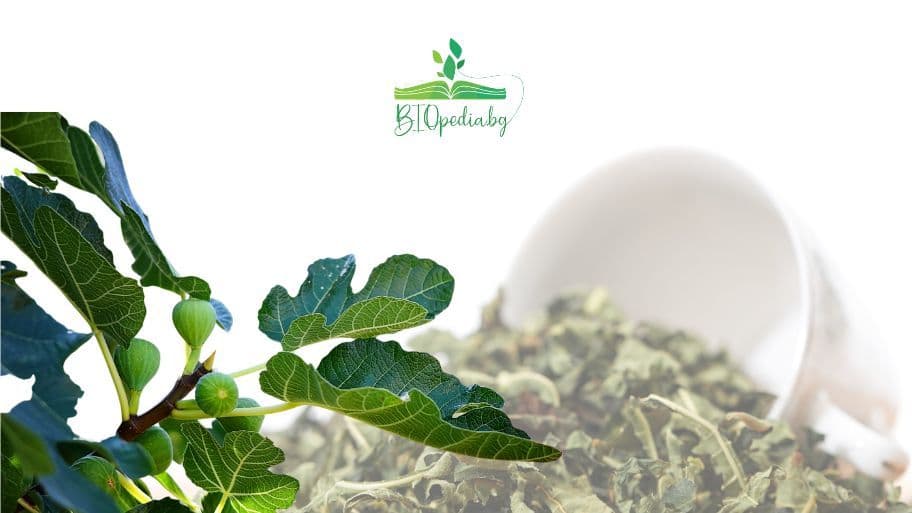- Yarrow: everything you need to know
- Yarrow helps wounds heal faster
- Yarrow helps the skin recover faster from inflammation
- Yarrow helps wounds heal faster
- Yarrow has beneficial effects on people suffering from multiple sclerosis
- Yarrow helps reduce irritable bowel syndrome
- When is taking yarrow contraindicated?
- Pregnancy and breastfeeding
- Babies and children
- Allergies
- Increased risk of bleeding
Yarrow (Achillea millefolium) is a flowering perennial herb that grows in North America, Asia and Europe.
It has a rich history as one of the oldest plants used in medicine- records of its use date back 3,000 years.
In test tube studies, the active constituents of yarrow have been shown to act as antibiotics, antioxidants, antiproliferatives (cell growth retardants), and more.
These properties make yarrow a supplement of interest for almost all cases- from multiple sclerosis to cancer. In thisBiopedia article, you'll find out what you need to know about yarrow before adding it to your medicine cabinet.
Yarrow: everything you need to know

These properties make yarrow a supplement of interest for almost all cases- from multiple sclerosis to cancer. Here's what you need to know about yarrow before adding it to your medicine cabinet.
Yarrow helps wounds heal faster
In the past, yarrow leaves and their juice were applied directly to wounds to help them heal.
A randomised controlled trial of 140 women showed a positive effect of yarrow ointment on the healing of episiotomies (a small incision in the perineum that health professionals sometimes make during childbirth).
Yarrow has also been studied for its effects on cracked nipples due to breastfeeding. A study of 150 participants showed that yarrow helped, but no more than applying breast milk or honey to the nipples
Yarrow helps the skin recover faster from inflammation
Yarrow helps wounds heal faster
There is evidence to support the use of yarrow for pain relief during menstruation, although people use it anecdotally for this purpose.
In one randomised controlled trial, yarrow tea was shown to reduce pain in people suffering from dysmenorrhoea (painful menstrual cycles). Only 91 students participated in the study and all were adolescents, so the effect may differ in other age groups.
Yarrow has beneficial effects on people suffering from multiple sclerosis
A randomised controlled trial showed that annual relapses (acute attacks) decreased in people with multiple sclerosis who were given 250 milligrams or 500 milligrams of yarrow daily for a year.

In this study, yarrow was administered as adjunctive therapy, that is, as an addition to maintenance medications. People with multiple sclerosis who took yarrow along with their usual treatment showed improvements on cognitive tests.
Yarrow helps reduce irritable bowel syndrome
Yarrow is sometimes used to treat irritable bowel syndrome because of its antispasmodic action. This means that it can reduce muscle spasms in the intestines and relieve stomach cramps.
A randomized controlled trial conducted among 60 people suffering from this syndrome showed that a mixture of yarrow and two other herbal supplements reduced symptoms. However, the result was not statistically significant. This means that the same thing could happen by chance.
When is taking yarrow contraindicated?
Some groups of people may face additional risks from taking yarrow supplements.
Pregnancy and breastfeeding
Yarrow is not recommended for use during pregnancy and breastfeeding. An ingredient of yarrow called thujone can put you at risk of miscarriage if you take it while pregnant.
For now, not enough is known about the risk of yarrow during breastfeeding, so it's safest to avoid using it until your baby is weaned.
Babies and children
Due to a lack of safety or efficacy studies in children, the use of this herb is not recommended.

Allergies
If you are allergic to plants that are members of the Asteraceae/Compositae family, you may also be allergic to yarrow. Other plants in the family include:
- Chrysanthemums;
- Daisies;
- Marigolds;
- Lily of the Valley; Lily of the Valley; Lily of the Valley; Lily of the Valley.
Ако имате растителни алергии, но не знаете със сигурност за тази конкретна група растения, говорете с вашия личен лекар, преди да приемете бял равнец под каквато и да е форма.
Increased risk of bleeding
Research on this is quite limited, but a study in rabbits showed reduced blood clotting time when given achillein, an ingredient of yarrow.
As yarrow can theoretically slow blood clotting, you should discuss its use with your GP before any operations.






Comments